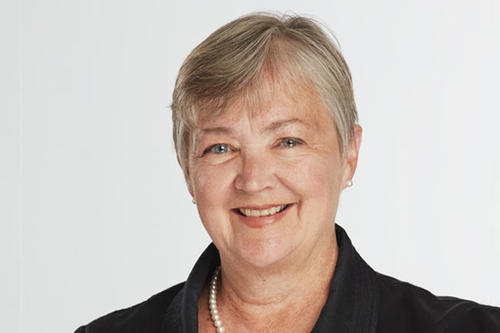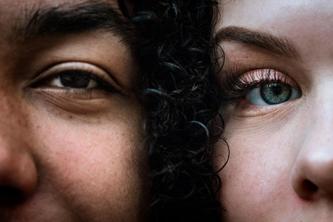
For many, the winter holiday season — filled with gift-buying, travel and entertaining — is the most stressful time of year.
Mary Jo Kreitzer with the University of Minnesota talks about why the holidays are stressful, and ways to prevent and manage stress.
Q: Why do we tend to experience stress during the holidays?
Dr. Kreitzer: One of the biggest sources of stress during the holidays is expectations – those that others have of us and those we impose on ourselves. Women, in particular, often feel pressure to bake, shop, decorate, host parties and coordinate schedules. Is essence, doing too much for too many over a short period of time. Quite literally, our schedules fill up and our pocketbooks empty.
Q: Are there ways to prevent holiday stress?
Dr. Kreitzer: I think one of the best strategies for preventing holiday stress is to plan in advance. Begin with asking the question, “What is most important to you and those around you?” Think about which activities, rituals and gatherings have the most meaning. Get input and don’t be afraid to make some changes. Ask for help! We don’t have to do it all alone – enlist others, set priorities, simplify and let go of perfectionism. I love the trend now to “gift” time and experiences rather than more stuff. And focus on flexibility. Don’t be afraid to change even the most hallowed holiday tradition if it is not working for you anymore.
Q: What are some physical things we can do to manage stress?
Dr. Kreitzer: It is so important over the holidays that we take care of ourselves. Get enough sleep, build enough physical activity into the day and plan our eating so that we eat healthy foods in addition to special treats that we may choose to indulge in. Moderation in eating and drinking is a great strategy.
Q: How can mindfulness play a role in reducing stress?
Dr. Kreitzer: Mindfulness, or being in the present moment, can be a superpower during the holidays. Sound easy? It is actually quite difficult. We spend much of our time either contemplating the past or anticipating the future. When we are in a mindful state, we are more attentive to those around us, we listen more, anticipate needs and enjoy the moment including the sights, sounds and smells of all that is around us.
Mindfulness can reduce stress in another way. When we gather with family and friends, there can also be tension that arises from old patterns, family dynamics, unrealistic expectations and poor communication. Mindfulness helps us be more self-aware and notice in the moment what we are feeling. When someone asks an embarrassing question or challenges something you said, instead of reacting by blurting out what is on your mind, notice how you are feeling. When we become anxious or angry, we can train ourselves to notice it in our body and can better choose how you want to respond. Choosing a response may entail removing yourself from the situation or deferring to engage in a debate or argument.
Q: As the founder and director, what are some resources from the Earl E. Bakken Center for Spirituality & Healing that can help people manage stress?
Dr. Kreitzer: The Bakken Center’s website Taking Charge of Your Health and Wellbeing is a great source of information on ways to improve the wellbeing of you and your family! There are also some great articles on Healthy Holiday Tips, Mindful Eating, Mindful Holiday Giving and When the Holidays Aren’t Joyful.
Mary Jo Kreitzer is the founder and director of the Earl E. Bakken Center for Spirituality & Healing and a professor in the School of Nursing at the University of Minnesota. Her areas of expertise include mindfulness-based stress reduction, integrative therapies and healing practices and optimal healing environments.
- Categories:
- Health





